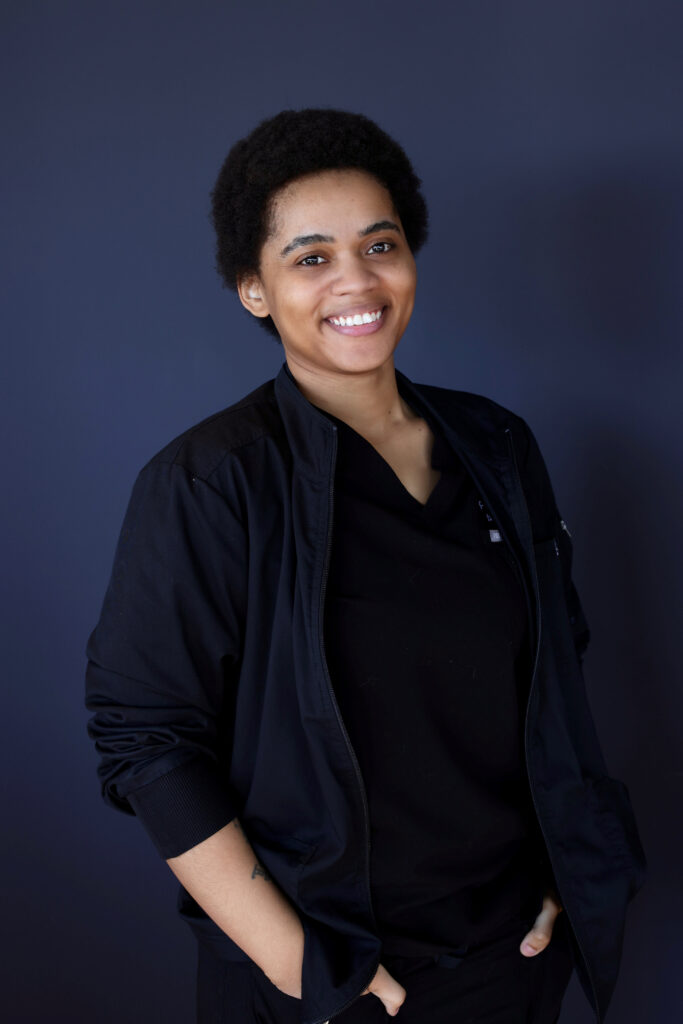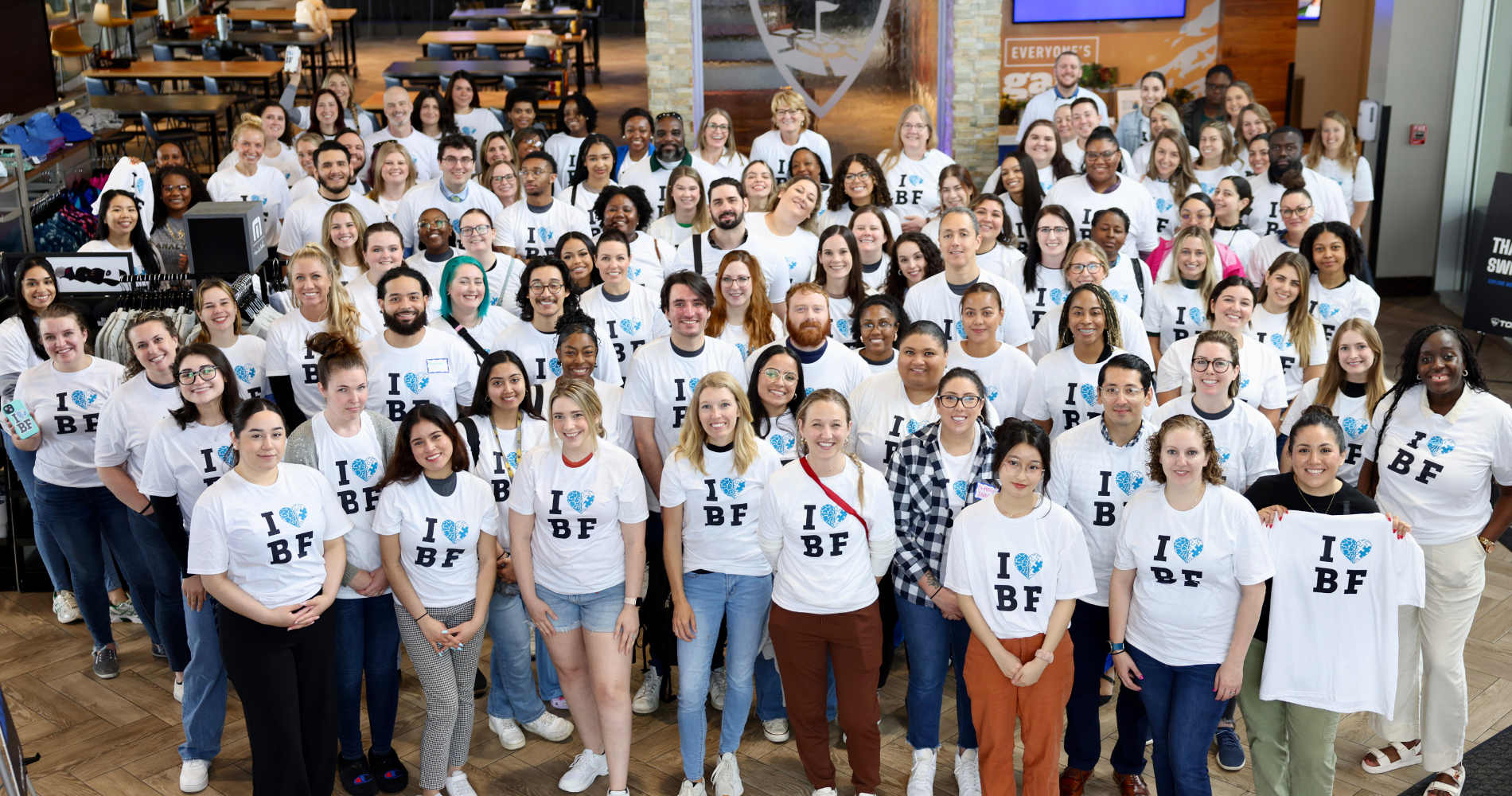
1. What is your title? Describe what you do.
My new title is ‘Lead Psychology Associate’ – I have many responsibilities! I assist in many areas including inventory and protocol management, scheduling, diagnostic interviews, administration and scoring, report writing. Nearly everything a psychologist does, I do as well!
One rewarding aspect is giving families access to services…Some families have told me that they’ve been waiting years on some waitlists and/or have possibly additional years to wait with no end in sight.
2. What drew you to Pathways?
I’ve worked as a special education 1:1 aide and special education teacher since 2017/2018. Having a master’s in both Special Education and Forensic Psychology, I wanted to try and find something that would possibly encapsulate both, or at least my psychology degree. I wanted experience with evaluations and testing and a psychology associate here at Pathways happened to incorporate these areas pretty well.
3. What are the most rewarding parts of your job?
One rewarding aspect is giving families access to services that may otherwise be even more difficult for them to attain. Some families have told me that they’ve been waiting years on some waitlists and/or have possibly additional years to wait with no end in sight. Others have told me that they’ve been waved off and not had their experiences validated, or their children are slipping under the radar because they present differently than what someone may expect. So helping families to feel seen and heard at a time in their lives when they may need it most, as well as helping more people understand all that autism and general neurodivergence encompass is also a plus. I would also be remiss to not mention that working with the Pathways team is also a rewarding part. They’ve each taught me different things, are endlessly supportive and encouraging, and I think we’re able to help each other laugh and get through each day. They help me to feel welcome and appreciated day in and day out, and for me that’s one of the biggest necessities in a work environment/team to have success and longevity.
4. What advice would you give to someone looking to pursue a role like yours? Are there specific character traits or skills/certifications they should possess?
The biggest things you need in this position (working with children, and working with a neurodivergent population and their families in general) are empathy, patience, and flexibility. Keeping in mind that we’re the ones in a position of privilege when many of our families are not. You have to be able to think outside the box, think on your feet, and meet the children where they are. You also have to be an observant, curious person and driven to find answers that may not be plainly on the surface.
5. What do you like best about Pathways?
Not for brownie points or anything, but honestly one of my favorite parts about Pathways is working alongside Dr. Howard. Not only is she legitimately the best boss/supervisor that I’ve ever had – she is genuinely kind, patient and flexible, and just an all around caring and dedicated person! When I first started in February 2023, it was just the two of us in this program trying to shape it in the best ways possible. I’ve seen her go well beyond ‘above and beyond’ for this program, upper management, and the families that we work with. I cannot understate Dr. Howard’s importance to Pathways. She has taught me a lot and I appreciate that she’s always happy to help, check in, give feedback or her opinion. She’s just cool 🙂
6. Would you recommend someone to work at Pathways? And why?
I can’t say that it is for everyone. You have to be able to adapt and adjust to sudden or jarring changes, emotionally regulate your own frustrations, and be able and willing to communicate. Though if one can do that, and if they feel like they can bring the traits and mindset as I previously mentioned, then I think there wouldn’t be harm in trying. I think more people should have experience with working neurodivergent children/families in general. If someone is wanting a way to help others and their children get answers, access to treatment and services, then I don’t see why not.
